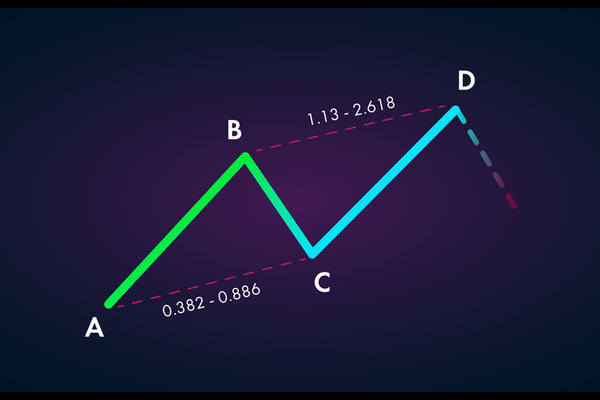Ideal Market Trends for Delayed Arbitrage
2023-07-05
 Summary:
Summary:
By quickly monitoring and comparing prices in different markets and utilizing price differences for trading, delayed arbitrageurs can gain opportunities for low risk and high returns.
Delayed arbitrage refers to investors buying and selling ETFs and a basket of
stocks in an asynchronous manner, taking a longer time to complete a complete
round of trading. This type of arbitrage is actually more like a T+0 trade.
Delayed arbitrage is an extension of instant arbitrage, and ETF arbitrage can
adopt a delayed arbitrage model.

Fully utilize the trading rules of ETFs, subscribe to or buy ETFs at
relatively low points, and then sell or redeem ETFs at relatively high points.
Compared to instant arbitrage, the success of such arbitrage depends more on the
short-term trend of the index, and the risk is greater. In practical operations,
in order to ensure the stability of returns and reduce risks, a transaction
cycle is usually completed on the same day.
Delayed arbitrage is suitable for relatively stable market trends. This means
that market prices should fluctuate within a relatively stable range rather than
experiencing drastic fluctuations. A stable market trend helps delay arbitrage
strategies to capture price differences and enable timely trading. If market
prices fluctuate frequently or violently, delayed arbitrage strategies may not
be able to trade quickly and accurately, resulting in missed opportunities or
losses.
In addition, delayed arbitrage also requires significant price differences
between exchanges or markets in order to make profits. Therefore, the market
trend suitable for delayed arbitrage should be a market with price differences.
This may be due to market liquidity issues, technological differences, or
exchange rules.
Finally, the successful implementation of delayed arbitrage also requires
efficient transaction execution systems and timely market monitoring
capabilities. The transaction execution system should be able to respond
quickly, monitor, and execute trading opportunities in real-time to ensure
timely capture of price differences. At the same time, good market monitoring
capabilities help identify potential arbitrage opportunities and take timely
action.
In summary, delayed arbitrage is suitable for relatively stable and
price-difference market trends and requires efficient trading execution systems
and excellent market monitoring capabilities to successfully implement.







